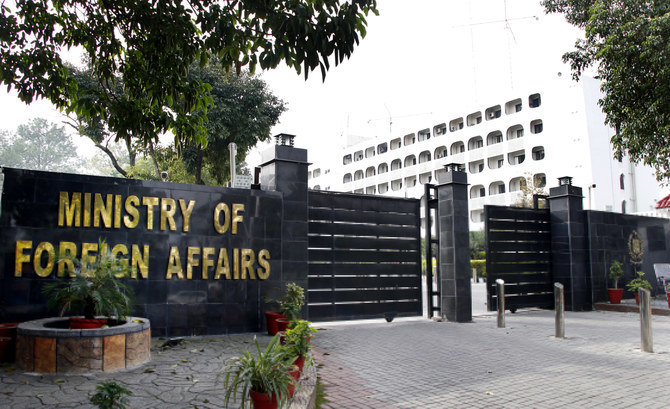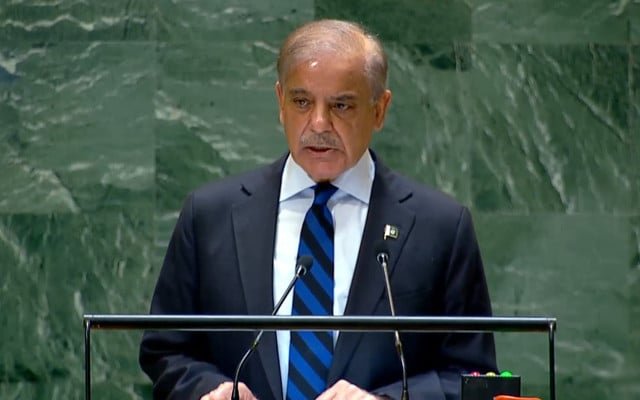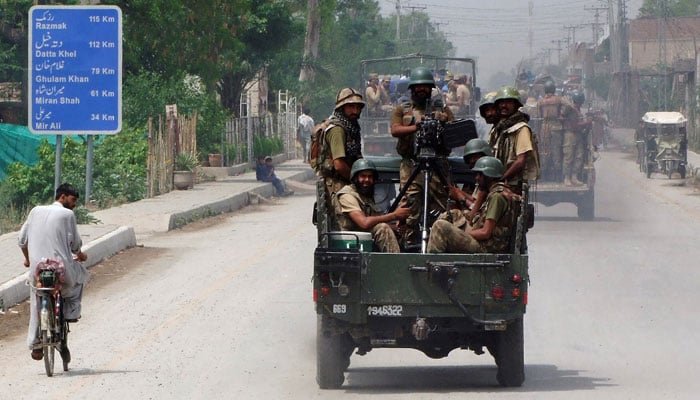As tensions between Pakistan and India escalate following the deadly Pahalgam attack, Pakistan’s military and civilian leadership have issued strong warnings against any Indian military action, reaffirming the country’s commitment to defending its sovereignty and regional peace.
Army Chief General Asim Munir, addressing troops during the high-intensity military exercise Hammer Strike at Tilla firing range, made it clear: “Any Indian military misadventure will be met with a swift, resolute, and escalated response.” He emphasized that while Pakistan desires peace, it is fully prepared to protect its national interests.
The exercise, led by the Pakistan Army’s Mangla Strike Corps, demonstrated advanced warfare capabilities, including multirole fighter jets, precision artillery, and cutting-edge battlefield tech. General Munir praised the troops for their high morale, tactical agility, and professionalism, calling the drill a clear sign of Pakistan Army’s commitment to operational excellence and modernization.
Meanwhile, Prime Minister Shehbaz Sharif and President Asif Ali Zardari jointly reviewed the security situation and strategic responses to India’s accusations and aggressive posture. Both leaders condemned New Delhi’s unproven claims linking Pakistan to the Pahalgam attack and stressed that such rhetoric only fuels instability in the region. The PM also personally checked on President Zardari’s health following his recovery from COVID-19.
In diplomatic outreach, PM Shehbaz met with the ambassadors of China, Kuwait, the UAE, and Saudi Arabia, thanking them for their continued support. Chinese Ambassador Jiang Zaidong reiterated Beijing’s backing, while Qatar’s Emir also expressed solidarity with Pakistan and a shared desire for de-escalation.
Pakistan’s Foreign Minister Ishaq Dar has been in contact with international counterparts from Korea, Slovenia, Somalia, and others, advocating for restraint, dialogue, and a transparent international investigation into the Pahalgam incident. Slovenia and South Korea both welcomed Pakistan’s proposal for an impartial probe.
On the ground, anxiety is mounting in Azad Jammu & Kashmir, where authorities have shut down over 1,000 madrasas and residents near the Line of Control are preparing underground bunkers amid fears of a possible conflict. Reports also indicate seven straight nights of cross-border firing.
Emergency response training has begun in schools, with children learning basic survival and first aid techniques. “We live in constant fear, especially for our children,” said a resident in Chakothi, a town close to the LoC.
While India continues to press its case internationally—with Defence Minister Rajnath Singh speaking to the US Secretary of Defense, and Foreign Minister Jaishankar demanding justice for the Pahalgam attackers—countries like Azerbaijan have called for restraint and a return to dialogue under international law and UN resolutions.
















